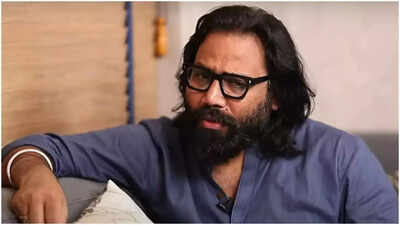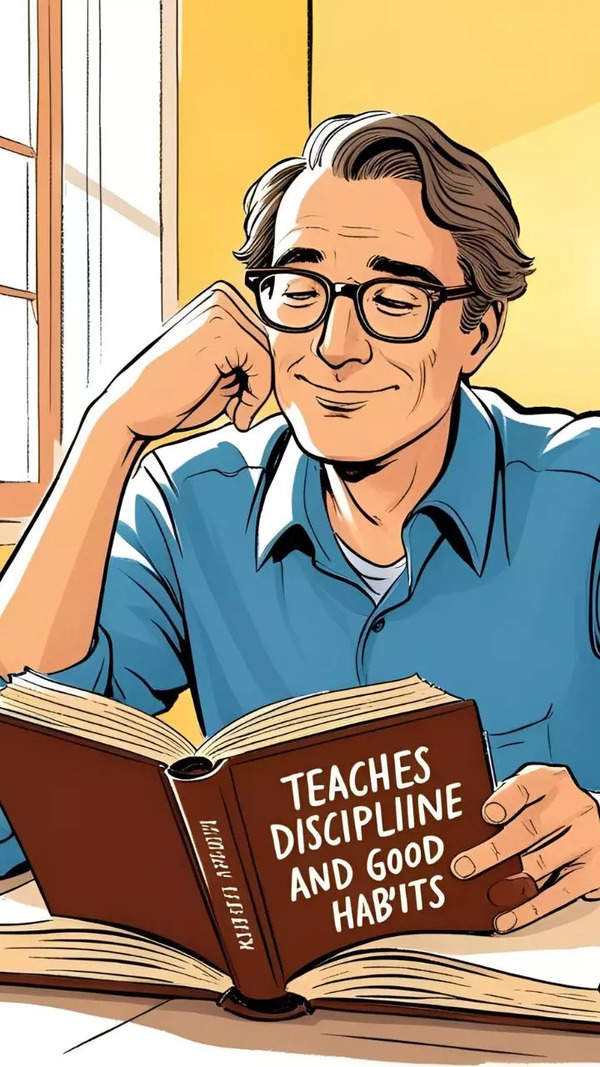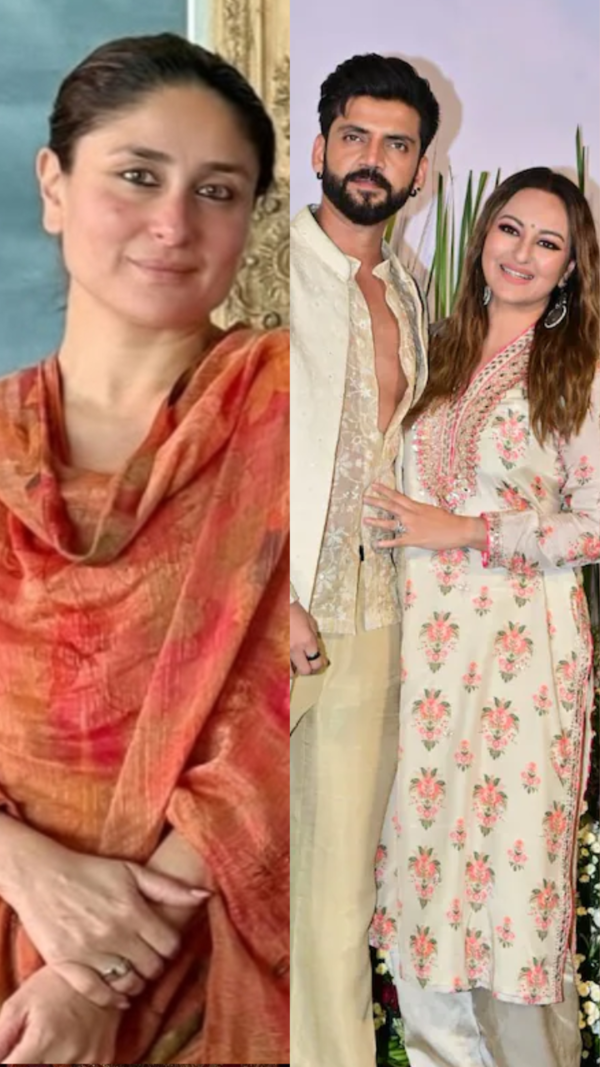- News
- entertainment
- hindi
- bollywood
- Sandeep Reddy Vanga reveals big production house rejected an actor because he acted in 'Kabir Singh': 'Say the same thing to Ranbir Kapoor, Triptii Dimri, Rashmika Mandanna and Vishal Mishra'
Trending
Sandeep Reddy Vanga reveals big production house rejected an actor because he acted in 'Kabir Singh': 'Say the same thing to Ranbir Kapoor, Triptii Dimri, Rashmika Mandanna and Vishal Mishra'
Sandeep Reddy Vanga criticized a Mumbai production house for rejecting an actor due to their role in 'Kabir Singh'. He expressed frustration over industry politics, challenging them to apply the same criteria to established stars like Ranbir Kapoor. Vanga found the rejection unfair and irritating.
Sandeep Reddy Vanga recently criticized a major Mumbai production house for allegedly rejecting an actor due to his association with his film 'Kabir Singh'. The filmmaker expressed frustration over industry politics, questioning why established stars like Ranbir Kapoor wouldn't face similar treatment. He challenged the production house to openly reject such prominent actors if they truly had issues with his films.
In an interview with Game Changers, Vanga revealed, “There’s one big production company in Bombay, I don’t want to take the name. It’s not like I am scared but I don’t want to take the name. Ek actor, Kabir Singh mein jo act kiya, wo gaya audition dene office mein. Popular actor from Kabir Singh. Audition dene ke baad bole ki ‘you’ve acted in Kabir Singh, right? We are not casting you. Because you acted in Kabir Singh." The actor called up Reddy and shared that he was turned down because of this.
“Tu wapas wo log ko bolna chahiye tha ki now Sandeep is working with Ranbir Kapoor. Say the same thing to Ranbir Kapoor. Don’t take Triptii Dimri. Don’t take Rashmika. Don’t work with Vishal Mishra who made that song for me. Hai gooda toh idhar baat karo na (You should’ve gone back to them and told them that now Sandeep is working with Ranbir Kapoor. Say the same thing to Ranbir Kapoor. Don’t take Triptii Dimri. Don’t take Rashmika. Don’t work with Vishal Mishra, who made that song for me. If you have the guts, talk to me here)," said Vanga.
The filmmaker further added that he felt bad and that he found it very irritating. He said, “I don’t have words to express. I felt very bad. That guy came from some other part of the country, did a small role, got a bit of recognition. He wants to grow, so he gives auditions with full dedication. They told him, ‘You worked in that film, our company won’t take you.’ I said, ‘Okay, uska company koi Avatar nahi bana raha hai.'"

About the Author
TOI Entertainment DeskEnd of Article
FOLLOW US ON SOCIAL MEDIA
Visual Stories
Tired of too many ads?










